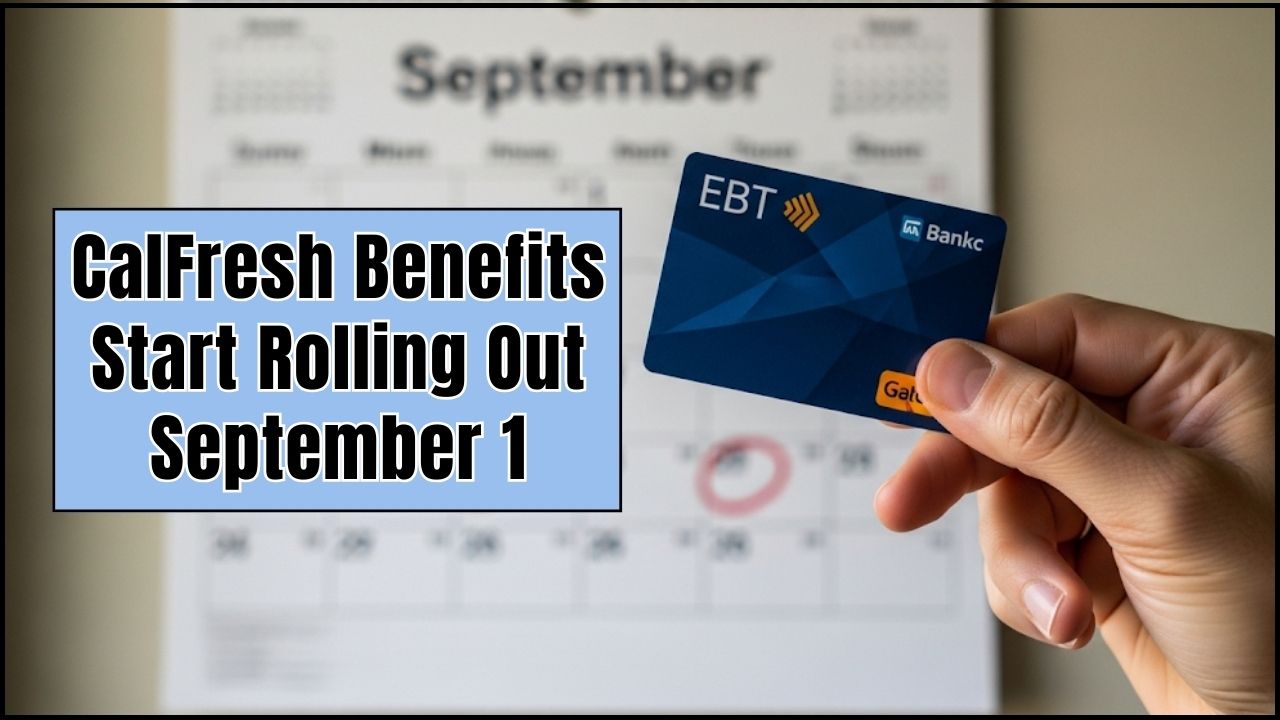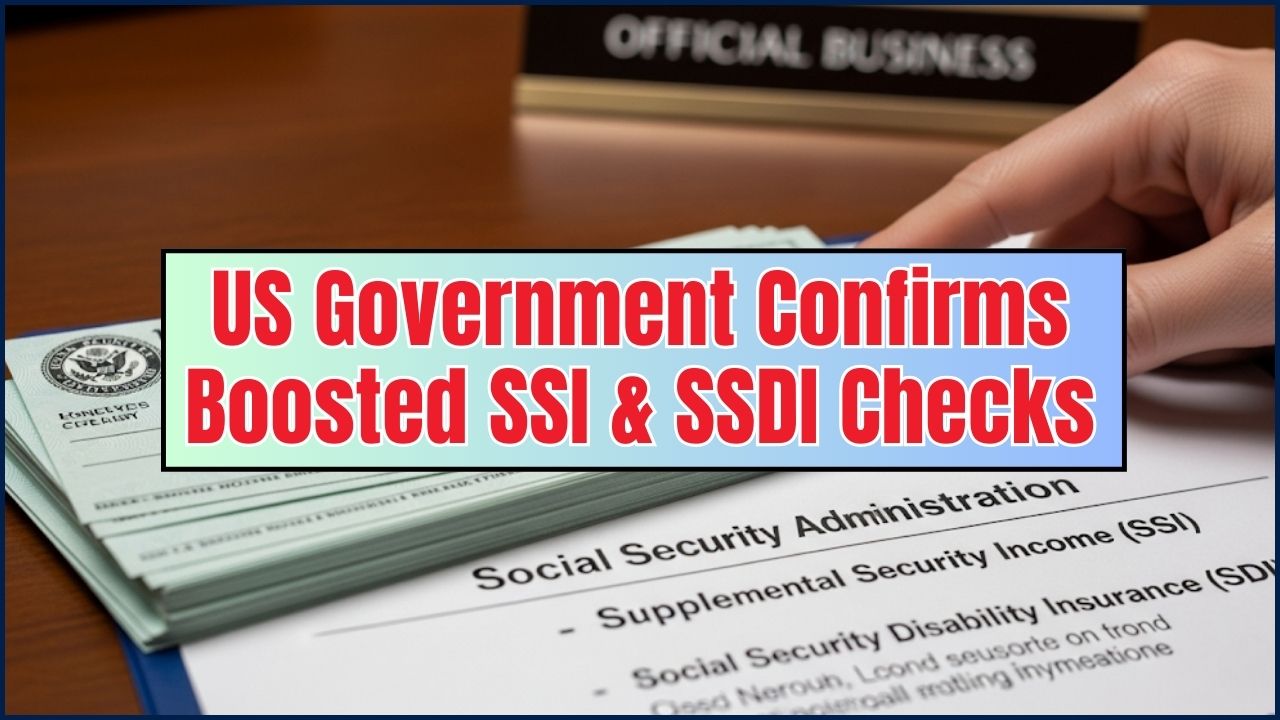If you’ve got a USCIS interview or appointment coming up, here’s a heads-up that could save you from a big headache: The United States Citizenship and Immigration Services (USCIS) is no longer providing free interpreters for certain appointments. This means you must bring your own certified interpreter — no exceptions, no last-minute freebies.

While the August 2025 buzz makes it sound brand-new, this has actually been required for affirmative asylum interviews since September 13, 2023. What’s new is that USCIS is enforcing it more strictly and expanding the expectation across more appointment types.
USCIS Ends Free Translators
| Topic | Details |
|---|---|
| Policy Change | Applicants must now bring their own certified interpreter for certain USCIS appointments — free interpreters no longer provided. |
| Effective Date | Already required for asylum interviews since Sept. 13, 2023; stricter enforcement in Aug. 2025. |
| Who’s Affected | Primarily non-English speakers in asylum, green card, and other USCIS interviews. |
| Practical Tip | Choose an interpreter 18+ years old, fluent in both languages, and not involved in your case. |
| Related Change | USCIS also ended phone translation services for some immigration calls in March 2025 (GovExec.com). |
The end of free interpreters at USCIS isn’t brand-new, but it’s now hitting home for more applicants. Whether you’re an asylum seeker, green card applicant, or another immigrant navigating the system, the bottom line is: plan ahead, find a qualified interpreter, and budget for the cost.
Failing to prepare could delay your case — and in immigration, every month counts.
A Quick History of USCIS Interpreter Rules
- Before COVID-19 – You were expected to bring your own interpreter for most interviews.
- During COVID-19 – USCIS provided free telephonic interpreters for asylum interviews to reduce health risks.
- Post-COVID (Sept. 2023) – Temporary program ended; applicants again responsible for their own interpreters.
- March 2025 – USCIS stopped offering live translation over the phone for many services.
- August 2025 – Enforcement ramped up; media attention made the change a headline story.
Why USCIS Made This Move
USCIS says the change is about efficiency, accuracy, and resource management. During COVID, telephonic interpreters were a safety measure, not a permanent service. Now, with in-person operations back to normal, USCIS wants applicants to handle their own language needs — freeing up agency resources for case processing.
Critics argue this hurts vulnerable immigrants, especially those from smaller language communities. Proponents say it’s fairer for taxpayers and helps ensure interpreters are fluent in the applicant’s native dialect.
Real-Life Example
Take “Maria,” an asylum seeker from rural Guatemala. She speaks Q’eqchi’, a Mayan language, but not much Spanish or English. In the past, USCIS provided an interpreter over the phone. Now, she must find and pay for her own, even though Q’eqchi’ interpreters are rare in the U.S. She reached out to a local immigrant aid center, which found her one — but at $60/hour, plus travel expenses.
Official USCIS Interpreter Requirements
Your interpreter must:
- Be at least 18 years old
- Speak English and your language fluently
- Not be a witness in your case, your attorney, or your representative
- Bring valid government-issued ID
If you show up without an interpreter when required, your appointment may be canceled and rescheduled — adding months of delay.
Step-by-Step Guide to Getting Ready
Step 1: Confirm You Need an Interpreter
Check your appointment notice or call USCIS. Don’t assume they’ll provide one.
Step 2: Find a Certified Interpreter
- Professional directories: American Translators Association
- Local immigrant support groups
- Religious or cultural centers
Step 3: Verify Skills
Ask for proof of prior immigration interpreting experience.
Step 4: Rehearse
Go over possible interview questions in advance so your interpreter knows the vocabulary.
Step 5: Have a Backup Plan
Life happens — have a second interpreter ready if your first can’t make it.
Interpreter Costs — What to Expect
| Service | Average Hourly Rate |
|---|---|
| Common Languages (Spanish, Mandarin) | $30–$50 |
| Less Common Languages | $50–$80 |
| Rare Languages | $80+ |
Pro Tip: Some non-profits offer free or sliding-scale interpreters. Check with local legal aid offices.
The Bigger Immigration Picture
Language access has always been a civil rights issue. Under Title VI of the Civil Rights Act, federal agencies must take reasonable steps to provide meaningful access to limited-English-proficient individuals. USCIS says requiring applicants to bring interpreters meets that standard. Advocates disagree, saying it shifts the burden entirely to immigrants.
How Other Countries Handle It
- Canada – Immigration, Refugees and Citizenship Canada (IRCC) generally provides interpreters for refugee hearings.
- UK – Home Office provides interpreters at no cost for asylum interviews.
- Australia – Department of Home Affairs provides interpreters for visa and asylum processes.
Compared to peers, the U.S. leans more on applicants to arrange and pay for their own interpreters.
Comparison Table
| Feature | Old Policy (Pre-Sept. 13, 2023) | New Policy (Starting Sept. 13, 2023) |
| Who Provides the Interpreter? | USCIS provided a free, contracted telephonic interpreter for most asylum interviews. | You (the applicant) must provide your own interpreter. |
| What is the Cost? | Free | Varies, as you are responsible for the interpreter’s fee. |
| Interpreter’s Location | Telephonic (on the phone) | Must be in-person at the interview. |
| Exceptions | None (unless a contracted interpreter wasn’t available) | USCIS will still provide sign language interpreters as a disability accommodation. |
Top 3 Mistakes to Avoid with Your Interpreter
- Bringing a Family Member or Friend: While it might seem convenient, a close family member or friend is often not allowed to interpret. USCIS requires the interpreter to be a neutral, objective third party.
- Using a Minor as an Interpreter: Interpreters must be at least 18 years old. Bringing a child to translate is not acceptable and will likely lead to your interview being rescheduled.
- Not Checking the Interpreter’s Competency: The interpreter must be fluent in both English and your native language. If the USCIS officer suspects the interpretation is inaccurate, they may disqualify the interpreter and you will be considered a “no-show” for your appointment.
What If You Can’t Find an Interpreter?
- Contact community legal clinics — Many have volunteer interpreters.
- Use video interpretation services — If allowed by USCIS.
- Reach out to national hotlines like Immigration Advocates Network.
- Document your search efforts — If you truly can’t find one, this record could help in rescheduling without penalty.
FAQs
Q1: Can my lawyer also be my interpreter?
No. USCIS prohibits your attorney from serving as your interpreter.
Q2: Will USCIS let my child interpret?
No. Interpreters must be 18 or older.
Q3: What happens if my interpreter makes a mistake?
You are responsible for your answers — review everything carefully before signing.
Q4: Are interpreters allowed to join by phone?
Sometimes, but only with prior USCIS approval.








